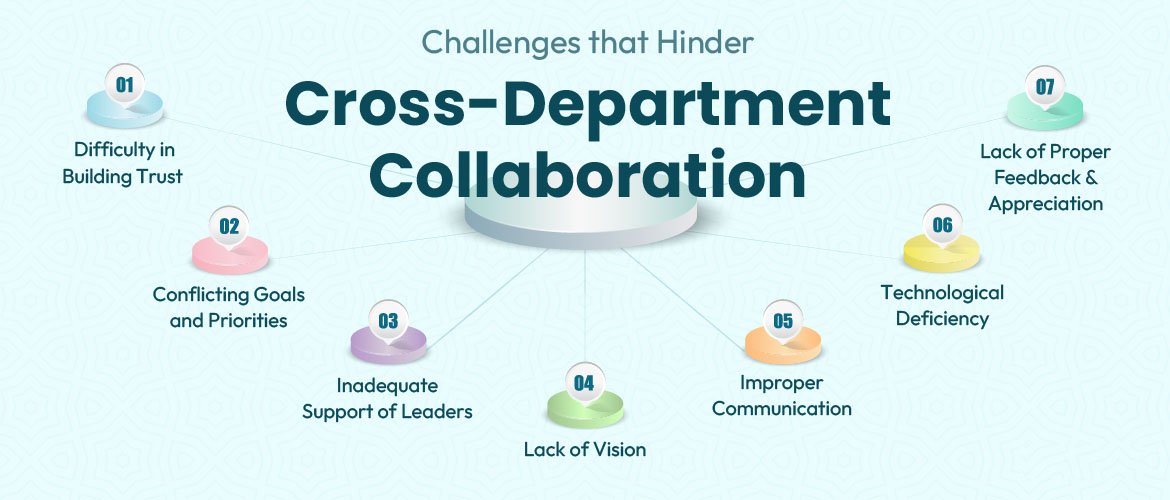How Much Work A Fundamental Engineer Put Into Creating A Smart City
Creating a smart city is a complex and multi-disciplinary process requiring various professionals' expertise, including fundamental engineers. Fundamental engineers are critical in creating smart cities by designing, developing, and implementing the underlying infrastructure and systems that enable innovative city technologies to function.
The amount of work that a fundamental engineer puts into creating a smart city depends on the scope of the project and the specific responsibilities assigned to them. However, here are some general tasks that a fundamental engineer may be involved in:
Planning And Design
Fundamental engineers are often involved in the initial planning and design phases of smart city projects. It may include analyzing existing infrastructure, developing system requirements, and designing the underlying network infrastructure to support smart city technologies. The engineer must also consider the system's scalability and reliability to ensure it can handle future expansion and increased demand.
Development And Implementation
Once the planning and design phase is complete, the engineer will be responsible for developing and implementing the infrastructure and systems that make up the smart city. It may include installing sensors and other devices throughout the city, setting up wireless networks, and designing and deploying data management systems.
Testing And Optimization
After the infrastructure and systems are in place, the engineer must test and optimize them to ensure they function correctly. It may involve running simulations, testing sensors, and other devices, and analyzing data to identify areas where improvements may be necessary.
Maintenance And Support
Once the smart city is up and running, the engineer will be responsible for ongoing maintenance and support. It may include troubleshooting issues as they arise, performing regular maintenance tasks, and keeping the system up-to-date with the latest security patches and software updates.
The amount of work, a core engineer puts into creating a smart city also depends on the technologies and systems being implemented. Here are some examples:
Smart Traffic Management
Fundamental engineers may be involved in designing and implementing smart traffic management systems that use sensors and data analysis to optimize traffic flow and reduce congestion. It may involve designing and deploying sensors at key intersections, installing cameras to monitor traffic patterns, and developing algorithms to optimize traffic signals.
Energy Management
Fundamental engineers may also develop and implement energy management systems that use smart meters and data analysis to optimize energy consumption and reduce waste. It may involve designing and deploying smart meters throughout the city, developing algorithms to optimize energy usage, and integrating renewable energy sources into the grid.
Water Management
Fundamental engineers may also develop and implement smart water management systems that use sensors and data analysis to optimize water usage and reduce waste. It may involve designing and deploying sensors throughout the city to monitor water usage, developing algorithms to optimize water distribution, and implementing technologies to reduce water loss and leakage.
Cybersecurity
Fundamental engineers also play a crucial role in ensuring the cybersecurity of smart city systems. The increasing reliance on technology and connectivity increases the risk of cyber-attacks. Therefore, fundamental engineers must implement robust cybersecurity measures to protect the intelligent city infrastructure from unauthorized access and potential threats.
Conclusion
In conclusion, creating a smart city requires the expertise of various professionals, including fundamental engineers. The amount of work that a fundamental engineer puts into creating a smart city depends on the scope of the project and the specific responsibilities assigned to them. The specific technologies and systems being implemented also impact the required work. By leveraging their expertise, fundamental engineers can play a critical role in creating smart cities that are efficient, sustainable, and responsive to the needs of their residents.














